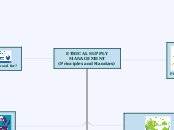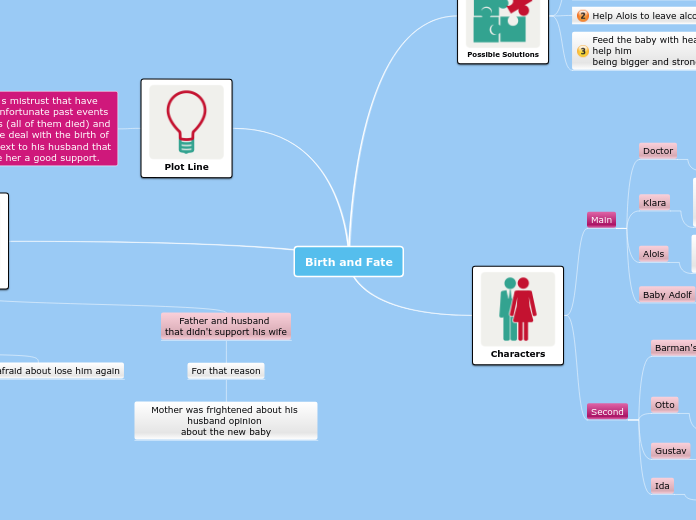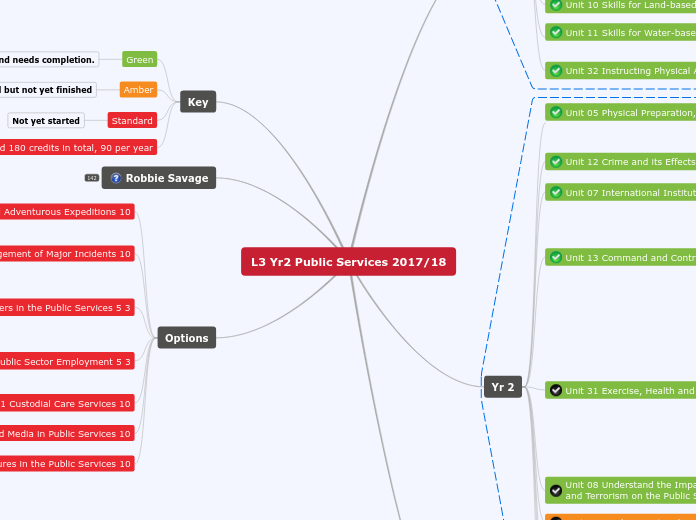によって Jennifer Alejandra Ramos 6年前.
188
ETHICAL SUPPLY MANAGEMENT
Ethical supply management involves a range of principles and standards emphasizing sustainability, social responsibility, and professional integrity. A personal commitment to these values significantly impacts various initiatives, such as labor rights and anti-corruption efforts.









